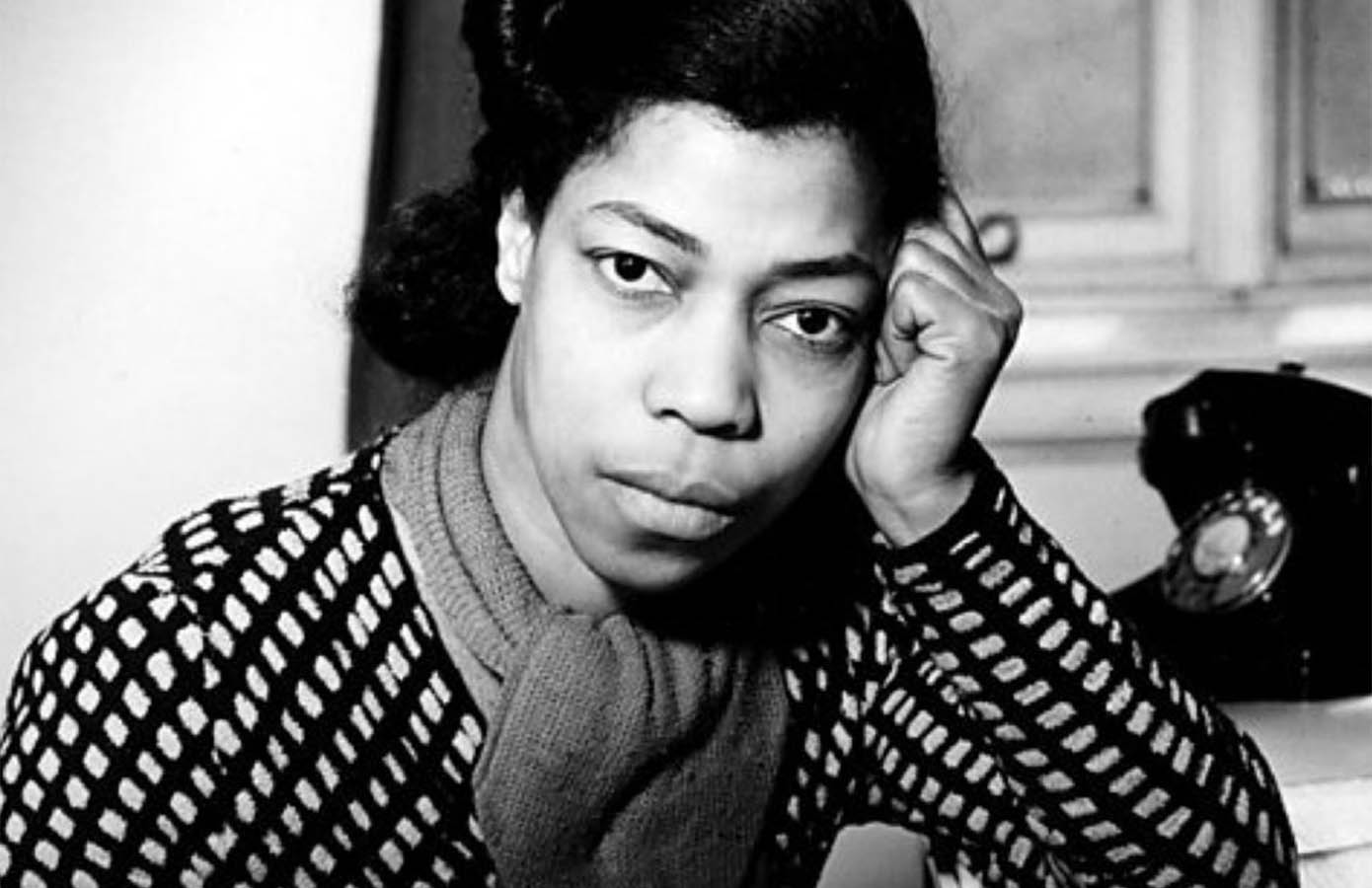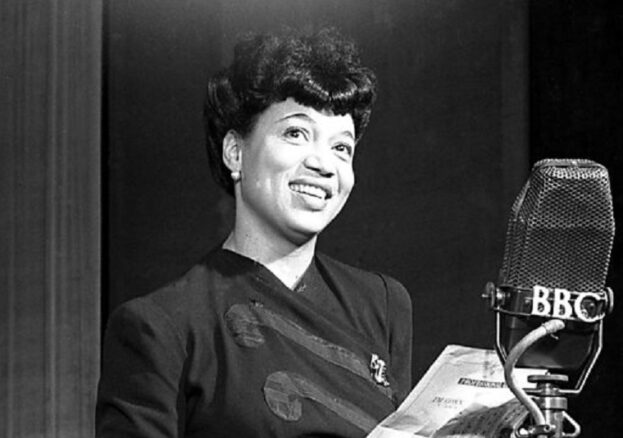
Una Marson was an early 20th-century pioneer in media and social issues. Courtesy photo.
Una Marson: a media pioneer
by bbrit project
A well-known voice for Caribbean people during World War II, Jamaican poet, playwright, broadcaster and activist Una Marson forged new paths for Black people in the UK and beyond.
When she was awarded a blue plaque in early 2025, it was to mark her extraordinary contributions to the nation’s media – she was the first female editor and publisher – as well as her devoted fight for racial and gender equality.
Born in 1905, in Santa Cruz, Jamaica, to a middle-class family, before she came to the UK, Marson was a successful journalist and editor, having worked as the assistant director of a political journal and creating her own publication. She Marson’s released her first collection of poems, Tropical Reveries.
After the magazine stopped publishing because of financial issues, Marson moved to London in 1932 to find a wider audience for her work. Her first home was in Peckham, in the house of civil rights leader Harold Moody, founder of The League of Coloured Peoples. She would move between London and Jamaica for several years throughout her life.
In 1941, the BBC’s Empire Service hired Marson to work on the radio programme Calling The West Indies, which featured soldiers, their work and how it allowed them to connect with their families. Only a year later, the talented broadcaster was named the programme’s producer.
A confidential BBC report in the BBC archives praised her broadcasting skills, adding that she faced “social” difficulties because of “the prejudices which undoubtedly exist among some of the staff,” according to a 2022 article on Marson.
It added that Marson worked hard “elevating others and advancing causes but, in the end, neglecting her own well-being.”
Marson continued to publish poetry after the war, returning to Jamaica in 1946, where she created her own publishing company. She died 14 years later in Kingston, Jamaica, at 60.
Una Marson books:
Una Marson by Lisa Tomlinson, University of the West Indies Press, June 2019
Una Marson: Selected Poems (Caribbean Modern Classics), Peepal Tree Press, April 2011
The Life of Una Marson, 1905 – 1965 – Delia Jarrett-Macauley, Manchester University Press, April 2010.
See Una Marson in action here.
Elisabeth Welch, a name that resonates with timeless elegance and unparalleled talent. Born in 1904, Welch was a trailblazing African-American singer and actress who left an indelible mark on the entertainment industry. Her career spanned decades, showcasing her versatility in jazz, blues, and musical theater.
Welch’s voice was a mesmerizing instrument that transcended boundaries, captivating audiences on both sides of the Atlantic. From her early performances in the Harlem Renaissance to gracing London’s West End stages, Welch’s charisma and vocal prowess earned her widespread acclaim.
Beyond her musical prowess, Welch made history as one of the first African-American women to star in a British film during the 1930s. Her legacy is not only defined by her groundbreaking achievements but also by her resilience in the face of racial and gender barriers.
Elisabeth Welch’s journey is a testament to the enduring power of talent and tenacity. As we celebrate her contributions, let us remember and honor a woman whose artistry continues to inspire generations, leaving an indomitable legacy in the annals of entertainment history.








